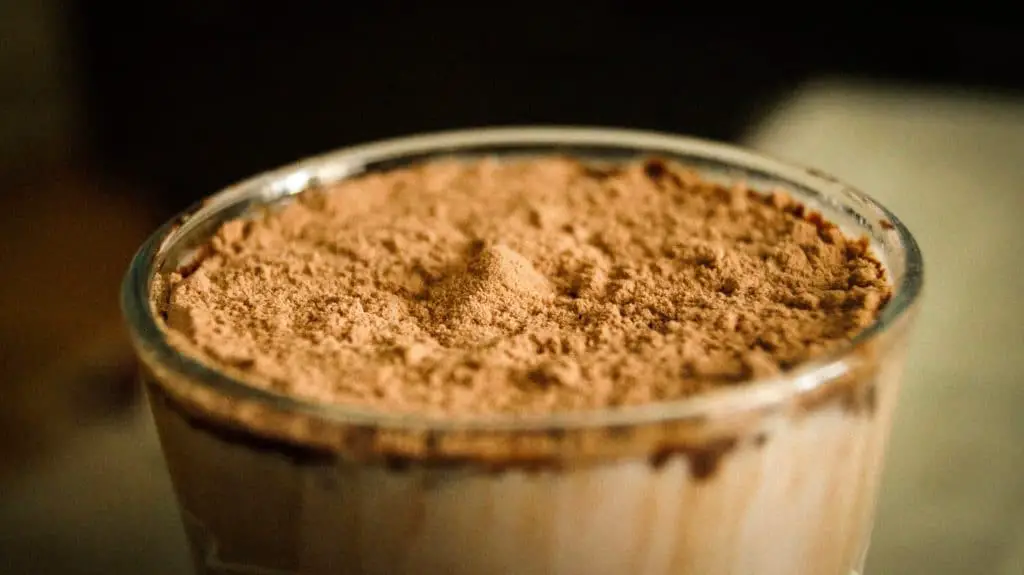The ketogenic diet effects those that are atheletes and those that are not atheletes quite differently. For non-athletes, there really shouldn’t be that many varied effects when it comes to your normal exercise programs, but seasoned athletes may notice some roadblocks once their bodies enter ketosis and begin to convert fat into fuel more efficiently. The key differences in how cardio and the ketogenic diet behave in conjunction really boil down to the different types of intensities and workouts. For example, HIIT, or high-intensity interval training will become slightly more difficult while in ketosis, but there are some simple hacks to get around that.
Cardio alone is already a fantastic type of exercise for your body’s digestion, circulation, and overall body weight maintenance. In combination with a keto diet, these results can be synergized to work together to achieve some pretty awesome results. In this article I’ll dive into some of the benefits of cardio and keto, and what you can expect from this new and exciting lifestyle combination.
Benefits of Cardio
There are a multitude of both physical and mental benefits that come from cardio, especially if you’re implementing a moderate amount of cardio into your weekly routine. The American College of Sports Medicine suggests getting at least 30 minutes of moderate intensity cardio exercise a day, at least 5 days a week for optimal results.
The general health benefits that come from standard moderate cardio workouts include:
- Weight Loss
- Better Sleep
- Reduced Cravings
- More Energy
- Enhanced Immune System
- Reduced risk of heart disease and other cardiovascular problems
- Healthier lungs and stronger lung capacity
- Temporary relief from depression and anxiety
- Increased bone density
- Improves general digestion
How does cardio work while under ketosis?
Most standard cardio exercises can be performed at moderate intensity, which while under ketosis is perfectly normal. However, when cardio exercises delve into higher tiers of intensities, that’s when some adjustments need to be made for your body to best react. This is because your body is running on less carbohydrates, making your muscle mass slightly smaller in volume to keep up with high intensity exercises. We’ll dive deeper into that later on in this article as well.
So what qualifies as moderate cardio exercise?
- Getting your target heart rate up to 50-70% of your maximum heart rate
- At the lowest limit, maintaining a target heart rate of 50% of your maximum heart rate for at least between 10-15 minutes
- Increasing your limit and time spent exercising steadily over time, toward a goal of 45 minutes a couple time a week, reaching closer to 70% of your maximum heart rate
Some of the most common exercises that can attain these results include: circuit training, running, cycling, jumping jacks, recreational sports, swimming, and aerobic training.
Best Exercises for Weight Loss
As a bonus, moderate cardio exercise works in conjunction with the keto diet when it comes to weight loss. Cardio is already a highly effective way, when combined with a healthy diet, to stimulate burning of fat. When your body is additionally in a state of ketosis, it no longer uses glycogen for energy, and instead converts fats into energy more efficiently.
Some of the best cardio exercises specifically for weight loss include:
- The eliptical
- Rowing
- HIIT
- Sprinting
- Long Distance Endurance Running
- The Stair Climber
- Jumping Rope
Check out some of these exercises put into action below.
HIIT, or High Intensity Interval Training is a form of anaerobic exercise that consists of alternating between short periods of highly intense cardio exercise to far less intense recovery periods, repeatedly until the user is too exhausted to continue. This method is extremely effective for weight loss, and utilizes a significant amount of energy and muscle mass as well.
Typically, carbohydrates function as the primary type of fuel for this form of anaerobic exercise, however when on the keto diet, your body must use other fuels to make due. This position is what makes HIIT in combination with keto an exceptional fat burner.
However, sticking to a ketogenic diet alone won’t entirely cut it when it comes to high intense workouts. It’s advised to utilize small portions of fast-acting carbs prior to working out and shortly after in order to help your body maintain muscle mass after training, without taking you out of ketosis. Some common fast-acting carbohydrates include low-fat milk, fruits like apples and berries, and any dried fruits.
Muscle Loss and Keto
Carbohydrates have an anti-catabolic effect on the body, which means that they prevent the natural breakdown of muscle over time. During the keto diet, carbohydrates are almost entirely removed from one’s daily nutrient intake, which means your muscles will be more susceptible to breakdown and overall loss of volume. However, that doesn’t necessarily mean that you still can’t build muscle while in ketosis, and maintaining muscle in the first place is actually not that difficult.
Typically, as long as you are getting enough protein and specific macronutrients, you’ll have no problem maintaining muscle mass while on the keto diet. If you’re looking to get into bodybuilding as well, you may want to consider a few different types of supplements that could help too. We’ll get into those shortly.
Protein Intake for Exercising on Keto

A key takeaway for building and maintaining muscle on keto is to consume optimal amounts of protein and other specific macronutrients. This is particularly effective if accurately timed around high intensity workouts.
Whether or not a limit exists to how much protein intake is too much is up for debate. There is at the moment no scientific indicator that there’s a cutoff point where protein stops being effective, but like any nutrient, there is obviously a case of diminishing returns. For this reason, it’s recommended that while on keto, protein amounts should vary daily between 1.4-2 grams per kilogram of one’s body weight. However for those enduring high intensity workouts, that scale has been recommended to move up to 2.2 grams of protein per kilogram of bodyweight.
It’s important to remember to maintain a healthy balance of proteins and healthy fats while on a keto diet, as well as proportional amounts of carbohydrates. If you find yourself increasing intake of protein and fat for high intensity cardio training, you may need to increase your carb intake to adjust as well.
Some healthy foods that are high in protein and are easily broken down during exercise include:
- Fish
- Eggs
- White Meat
- High-Fat Dairies
- Low-Fat Protein Powders
Best Supplements for Exercising on Keto
Lastly, there are a variety of different protein powders and macronutrient supplements that can help your body run more efficiently while in a state of ketosis, and all of these we’ve compiled have virtually no carbohydrates. These include:
Taurine is a naturally organic acid already present within the body. It’s been found to improve overall exercise performance, increase cell muscle volume, and even provide more energy than caffeine. It also helps regulate your blood sugar, which plays a significant role when it comes to high intensity cardio while in ketosis.
Taurine is best ingested in the form of supplements, most often recommended as 50mg doses per kilogram of body weight.
My personal favorite taurine supplements include:
Alpha GPC contains high quantities of choline, which is an important component of your body’s nervous system. By ingesting choline supplements, your body’s power output and hormone secretion can be drastically increased, making it much easier to build stronger muscles that last much longer. Choline specifically acts on the neurotransmitter acetylcholine, which functions by sending chemical signals from your brain directly to your muscles in order to make them mobile.
My recommended brands of Alpha GPC, which are usually on sale over at Amazon.com, include:
- Double Wood Supplements – Alpha GPC
- NOW Foods – Alpha GPC with Choline
- Nutricost – Alpha GPC veggie capsules
Beta-alanine is a compound that is most commonly found in a variety of pre-workout supplements. Beta-alanine has shown strong correlations for being able to improve overall muscle endurance, allowing users to do up to one to two more reps past their typical maximum. This added endurance and strength is ideal for those who are experiencing some fatigue from their combined cardio workouts with a low carb diet.
When it comes to beta-alanine, I usually just stick to NOW Foods Beta Alanine Powder, but there are a lot of great options out there to help you get the most out of your pre-workout routine,

